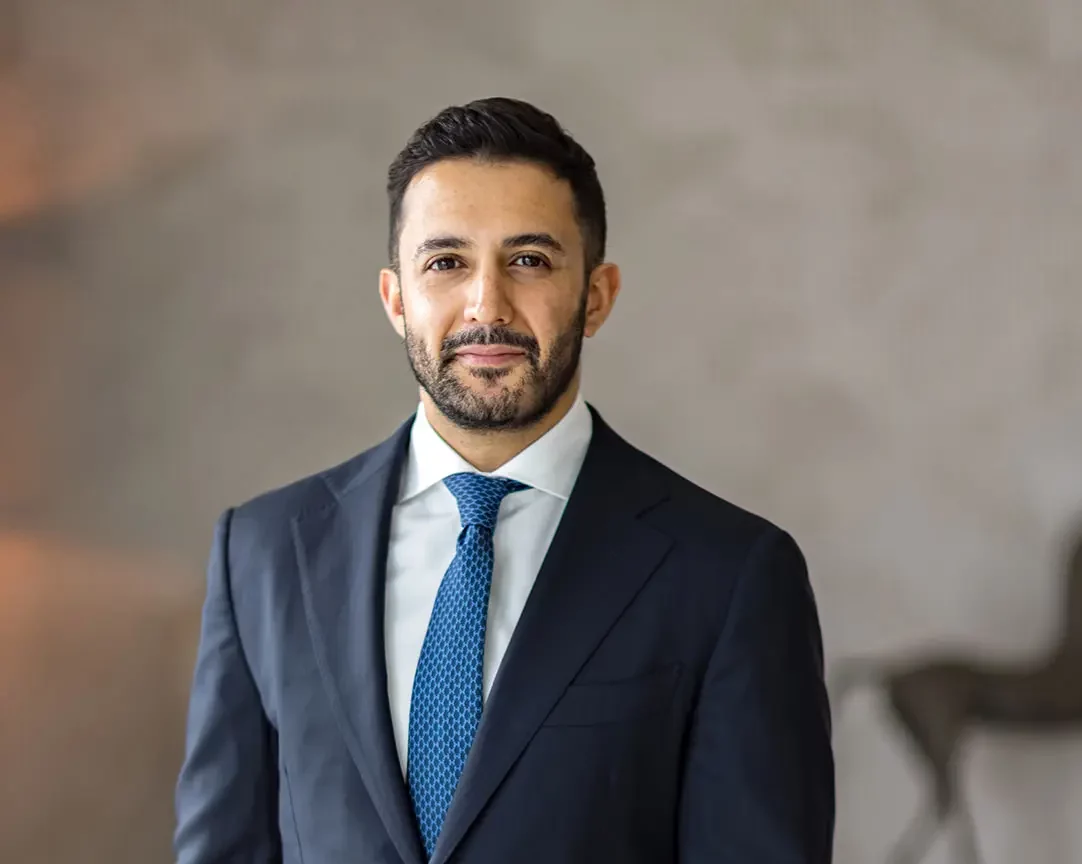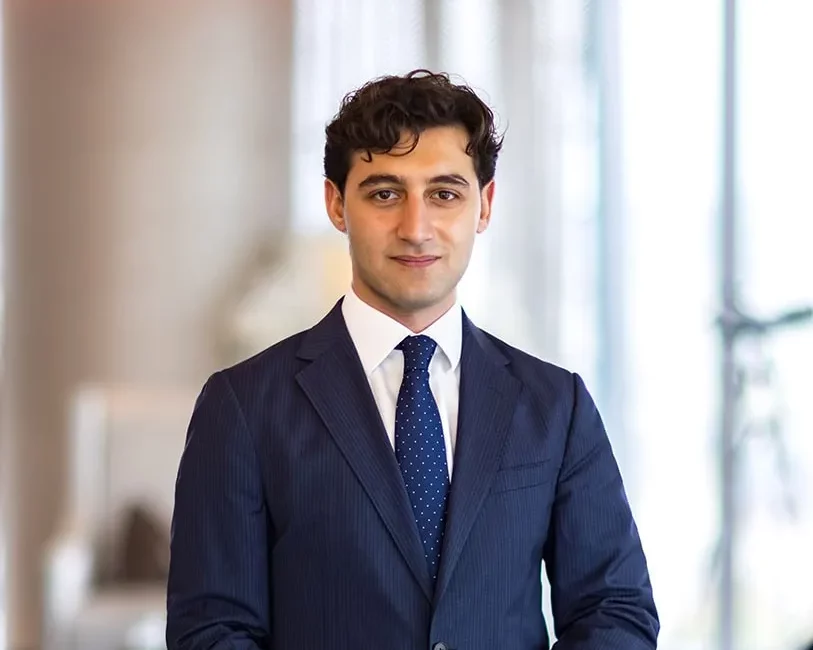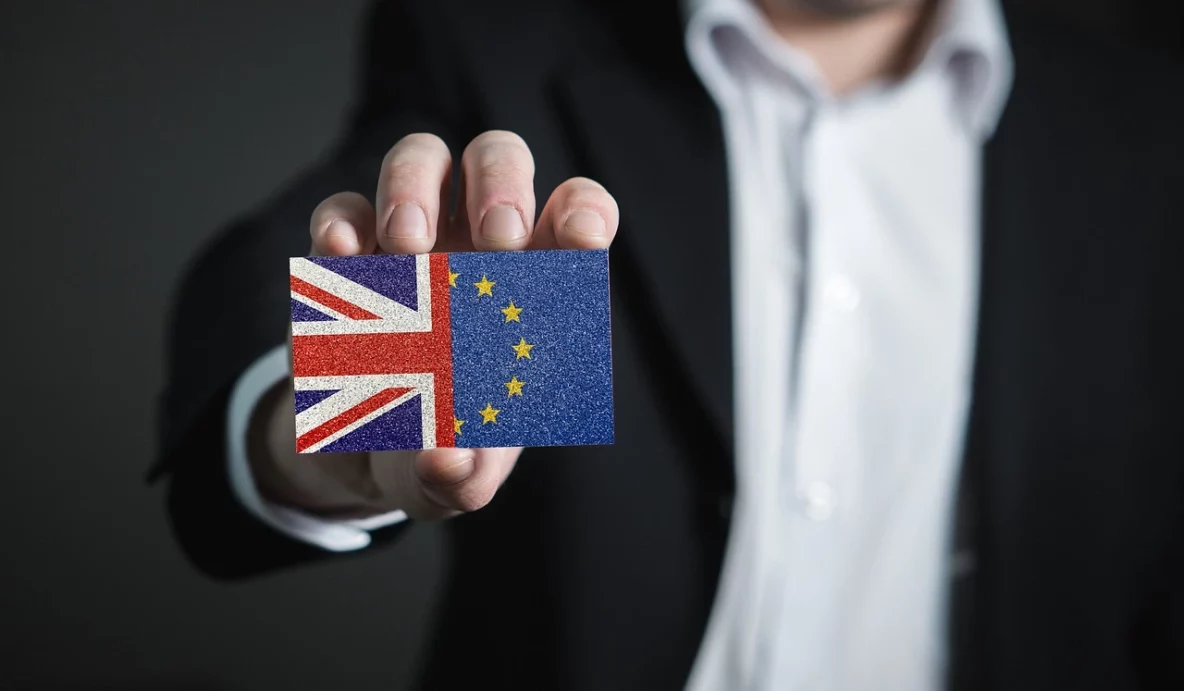United Kingdom: The Largest Sanctions Package Since 2022
The United Kingdom (UK) has issued its largest sanctions package since 2022, targeting 107 additional individuals and businesses to hinder Russia’s war effort, disrupt military supply chains, and cut off financial support to the Kremlin. The UK is also targeting North Korea’s involvement in the conflict, sanctioning Defence Minister No Kwang Chol and other senior officials for their alleged role in the conflict. The UK has condemned Vladimir Putin’s deployment of North Korean military as “cannon fodder” in his conflict against Ukraine.
The sanctions primarily target Russia’s military supply chains, specifically manufacturers and suppliers of machine tools, electronics, and dual-use goods, such as microprocessors used in weapons systems. These suppliers, located in China, India, Turkey, Thailand, and Central Asian countries, are said to play a vital role in Russia’s war machine. China is the major provider of these goods, and the new measures aim to limit its ability to continue supporting Russia’s military.
Crackdown on Foreign Financial Institutions
For the first time, the UK is utilising new powers to target foreign financial institutions that aid Russia in evading sanctions. This includes Kyrgyzstan-based OJSC Keremet Bank, which has allowed financial transactions to help Russia’s war effort. 13 Russian targets have also been sanctioned, including LLC Grant-Trade, its owner Marat Mustafaev, and his sister Dinara Mustafaeva, who have been smuggling superior European technology into Russia.
The UK is also intensifying sanctions on Russia’s energy industry, focusing on Russia’s shadow fleet, a network of boats shipping Russian oil in violation of sanctions. An additional 40 oil tankers have been sanctioned, raising the UK’s total to 133, the most in Europe. These tankers have transported $5 billion in Russian oil in just six months, and the new restrictions aim to further restrict Russia’s access to critical energy revenue.
Targeting Russian Oligarchs and Economic Backers
The UK is cracking down on Russian oligarchs, sanctioning 14 new “Kleptocrats” who play a strategic role in Russia’s economy. Among them is billionaire Roman Trotsenko, worth £2.2 billion. These restrictions target individuals who benefit from and support Putin’s government, separating Russia’s elite from the global financial system.
Financial and Trade Sanctions in European Union
Restricting Financial Transactions and Crypto Asset Providers
The EU strengthened financial sanctions to stop Russian attempts to avoid restrictions. This includes banning transactions with international financial institutions and crypto asset providers that enable sanctions evasion and fuel the Russian war effort. Furthermore, three banks related to Russia’s SPFS financial messaging system have been sanctioned, two in Belarus and one in China.
The energy sector remains a top priority, with further limits on Russian crude oil and petroleum product storage in EU free zones. The package also expands restrictions on Russian crude oil projects, including the Vostok oil project, limiting Russia’s ability to increase energy production. Furthermore, export restrictions on software used in oil and gas exploration make it more difficult for Russia to maintain and expand its fossil fuel industry.
Expanded Trade and Export Controls
Trade restrictions have also been expanded to include direct limits on Russian aluminium imports, which will be phased out by 2026. Minerals, chemicals, steel, glass products, and fireworks that may be used in the military have all been subject to additional export restrictions. The package further tightens dual-use export controls, adding 53 additional organisations to the list of those backing Russia’s military-industrial complex, including 25 in China, India, Turkey, Kazakhstan, the United Arab Emirates, Uzbekistan, and Singapore.
Transportation Industry Sanctions
The transportation industry will face additional constraints, including a ban on third-country airlines conducting domestic flights in Russia and new rules to prevent Russian ownership of more than 25% of EU road transport enterprises, in order to eliminate gaps that could be used to evade sanctions. Furthermore, full transaction sanctions have been imposed on important Russian ports and airports that handle military items, oil, and sanctioned materials.
Combatting Disinformation and Propaganda
The EU has also taken measures to tackle disinformation, banning eight Russian media outlets, including EADaily, Fondsk, Lenta, NewsFront, and Strategic Culture Foundation, for allegedly spreading pro-Kremlin propaganda. These measures are intended to hinder Russia’s capacity to influence public opinion and justify its conflict against Ukraine.
Finally, the package enhances enforcement and anti-circumvention efforts by imposing stronger due diligence requirements on EU corporations and their foreign subsidiaries to prevent them from indirectly supplying prohibited goods to Russia. It also improves information exchange among EU member states and international allies to prevent sanctions evasion.
Conclusion
In what will be seen by many as a complete role reversal, OFAC is likely to relax sanctions against Russia while the UK and EU move in the opposite direction, tightening restrictions. French President Emmanuel Macron’s visit earlier this week and British Prime Minister Keir Starmer’s visit to the U.S. today highlight European efforts to persuade President Trump to maintain the course set by his predecessor. Whether they will succeed remains an open question.
What is certain, however, is that the UK and Europe will continue to adopt a robust and aggressive stance towards Russia. With sanctions being the most forceful foreign policy tool short of military action, they are likely to remain the primary instrument of European pressure. This divergence will have lasting implications for sanctions enforcement, creating new challenges for businesses navigating an ever increasing and potentially contradictory Western sanctions regime.
Business and financial institutions, especially those operating across multiple jurisdictions, must be vigilant in fulfilling their reporting responsibilities and developing more rigorous screening procedures.
To discuss any points raised in this article, please call us on +44 (0) 203972 8469 or email us at mail@eldwicklaw.com.
Share this Post




